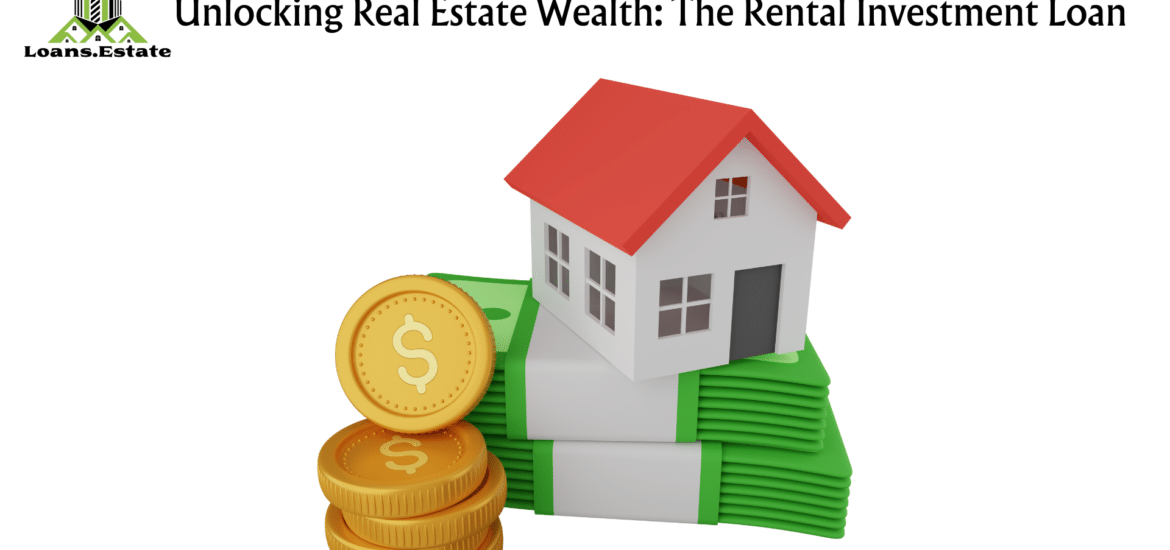The Role of Equipment Financing in Real Estate Ventures
In the dynamic landscape of real estate ventures, the integration of equipment financing stands as a pivotal catalyst for growth and innovation. As a savvy investor, you recognize that success in the real estate industry extends beyond property acquisition—it involves optimizing operational efficiency and creating value for tenants and stakeholders. This comprehensive guide is designed to illuminate how equipment financing can empower your real estate ventures and drive transformative growth.
Unveiling Equipment Financing: A Strategic Asset in Real Estate
Understanding Equipment Financing
Equipment financing refers to the strategic practice of securing funds specifically for the acquisition or lease of equipment and machinery essential to real estate operations. From construction machinery and property maintenance tools to advanced technology systems, equipment financing provides the means to acquire assets that enhance property functionality, efficiency, and value.
 The Advantages of Equipment Financing
The Advantages of Equipment Financing
1. Operational Efficiency
Well-equipped properties operate more efficiently. Equipment financing allows you to acquire the tools and machinery necessary to streamline property management, reduce downtime, and enhance overall operational effectiveness.
2. Tenant Satisfaction
Investing in quality equipment contributes to tenant satisfaction. Whether it’s state-of-the-art amenities, well-maintained facilities, or advanced security systems, equipment financing enables you to offer an enhanced living or working experience to tenants.
3. Value Enhancement
Equipment upgrades can significantly enhance property value. Modern equipment not only increases efficiency but also contributes to the property’s marketability and potential for higher rental or resale values.
Navigating the Possibilities of Equipment Financing
1. Construction Equipment Financing
Construction equipment financing is essential for real estate development projects. From excavators and bulldozers to cranes and concrete mixers, this financing option ensures you have access to the machinery required for successful project execution.
2. Technology and Systems Financing
In the digital age, technology and systems financing is critical for modern real estate ventures. This includes acquiring advanced security systems, smart building solutions, energy-efficient appliances, and more.
3. Property Maintenance and Upgrades Financing
To maintain and upgrade your properties effectively, property maintenance and upgrades financing provides the necessary capital for routine maintenance equipment, landscaping tools, and renovation machinery.
Elevating Your Strategy: The Role of Expert Guidance
1. Needs Assessment and Analysis
Our team at Loan Estate specializes in needs assessment and analysis. We work closely with you to identify the equipment essential for your specific real estate ventures, ensuring a tailored financing solution that aligns with your operational goals.
2. Customized Financing Solutions
Navigating the landscape of equipment financing demands customized solutions. Our experts collaborate with you to design financing packages that accommodate your budget, timeline, and equipment requirements.
3. Streamlined Process and Ongoing Support
Efficiency is key in real estate ventures. Our streamlined application process and ongoing support ensure that you have access to the equipment you need, precisely when you need it, without unnecessary delays.
Driving Transformation Through Equipment Financing
As you embark on your journey to transform real estate ventures through equipment financing, remember that the integration of modern tools and machinery has the potential to redefine your operational landscape. Armed with the advantages of equipment financing, insights into financing options, and expert guidance, you are poised to empower growth, enhance tenant experiences, and elevate the value of your real estate investments.
Connect with us at Loan Estate, and let us be your partner on this transformative journey. Whether you’re a visionary developer aiming to optimize project execution or a property manager seeking to enhance tenant satisfaction, our array of equipment financing solutions and unparalleled expertise are at your service.
















